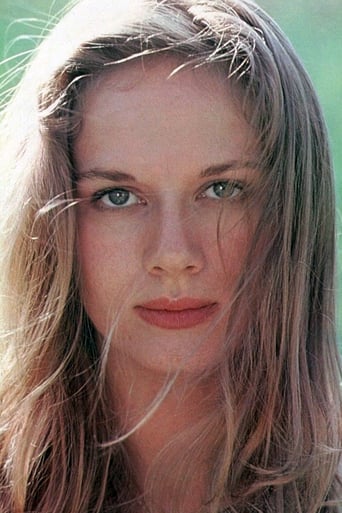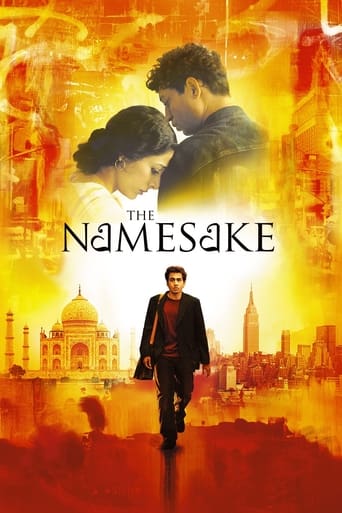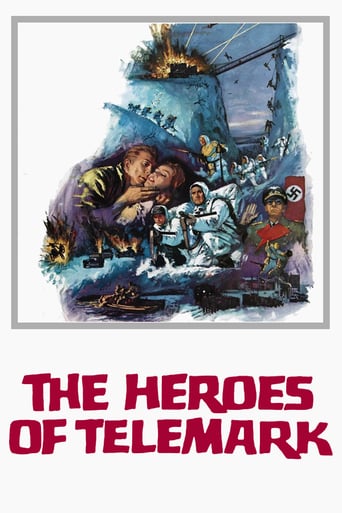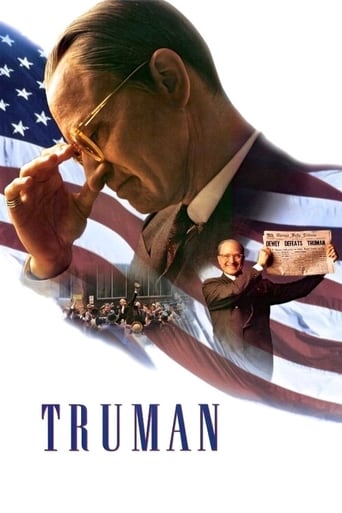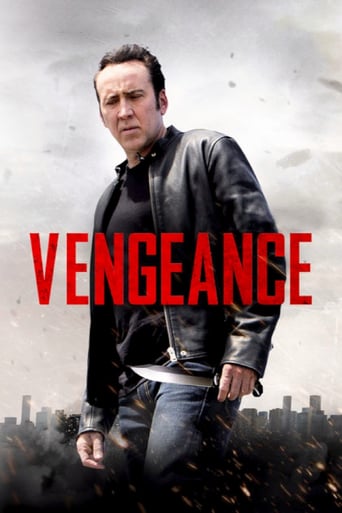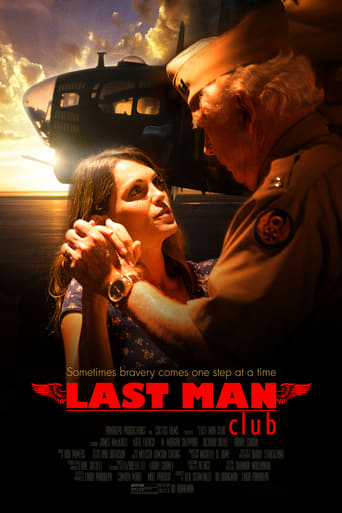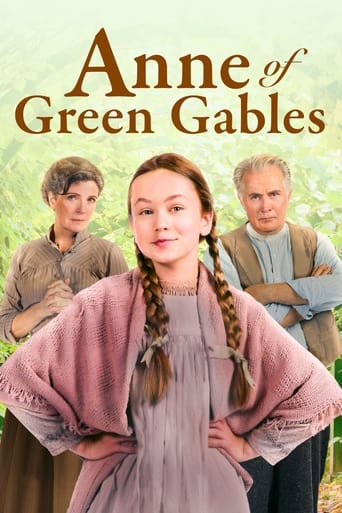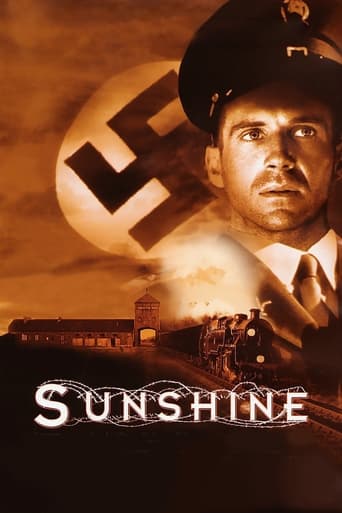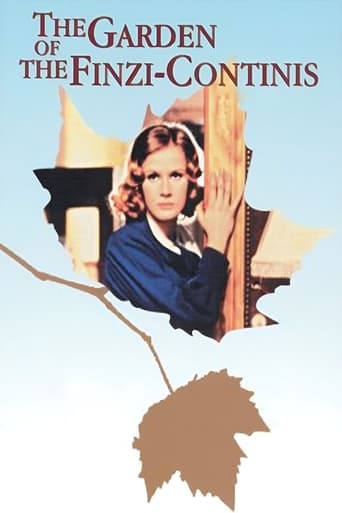
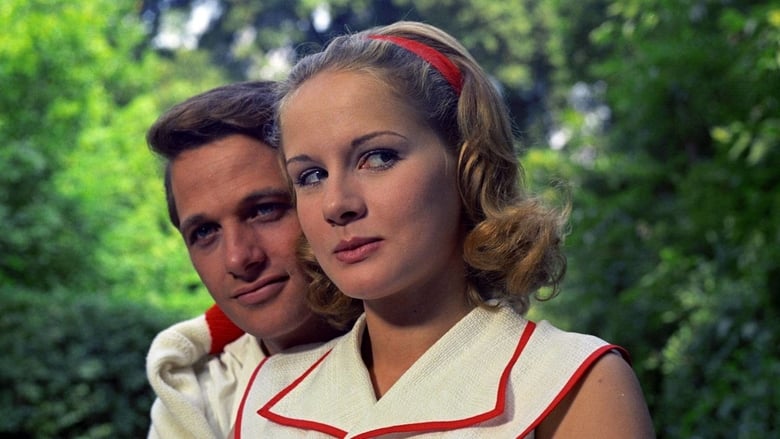
The Garden of the Finzi-Continis (1971)
In late 1930s Ferrara, Italy, the Finzi-Continis are a leading family: wealthy, aristocratic, and urbane; they are also Jewish. Their adult children, Micol and Alberto, gather a diverse circle of friends for tennis and parties at their villa with its lovely grounds, and try to keep the rest of the world at bay. But tensions between them all grow as anti-Semitism rises in Fascist Italy, and even the Finzi-Continis will have to confront the Holocaust.
Watch Trailer
Cast


Similar titles
Reviews
The Garden of the Finzi-Continis is simply an experience not to be missed for any serious foreign film lover. It has a beautiful innocence to it in this tale of the early days of the Finzi-Continis family before WWII. It shows their personal lives and their dreams for love and success, never guessing their future. Then it shows the tragedy and sadness in time lost and how really horrible and wrong war is.It is beautiful, yet somehow a very haunting film with a wistful score, that seems to be longing for things unattainable. It makes you feel like you're watching an era or time gone by that can never be again. And maybe it's not good to be so naive. Because war comes and life never really recovers from it. But we can remember love...This is a masterpiece to watch and remember.
In its own quiet way this Vittorio de Sica gem is as gripping and powerful as such more graphic Holocaust films as "Schindler's List" and "Salo or the 120 Days of Sodom." It deals with a wealthy Italian Jewish family living in a secluded estate in the city of Ferrara. The Finzi-Continis are almost completely assimilated and have little in common with their fellow Jews, but once Mussolini's racial laws begin to take effect they open their gardens to young Jews from the neighborhood. The movie depicts the fatal passivity of people who think they're safe, that monstrous social upheavals won't touch them. Slowly but surely the Jews of Italy have their freedom taken away from them; before they know what's happening they're headed for Auschwitz. The movie leaves the fate of the Finzi-Continis unresolved, but we know from the novel by Giorgio Bassani that none of them survived. This film is beautifully photographed with the visual opulence one has come to expect from Italian cinema, with a haunting score and memorable performances, especially by the ravishing Dominique Sanda, quite possibly the most beautiful woman to ever appear on film. This is a movie everyone should see, since it drives home only too clearly the lesson that freedom can never be taken for granted, that what happened in Nazi Germany or Fascist Italy could happen here too. No one is safe.
Maddeningly slow-moving account of an aristocratic Italian family during the onset of World War II who conveniently ignore what is going on in the world beyond their fabled garden of contentment. It's all rather prettily photographed so that a dreamlike spell blurs much of the story and keeps the audience just as isolated from reality as the characters who inhabit THE GARDEN OF THE FINZI-CONTINI.It's a pretentious sort of film that Vittorio deSica has fashioned to illustrate what happened when Europeans isolated themselves from the ruthless turn of events that unfolded once Hitler and Mussolini came into power. Well acted by a competent cast that includes HELMUT BERGER and DOMINIQUE SANDA, it's hard to work up much interest in characters that are treated with such detachment by the screenplay.It moves predictably toward the crushing humiliation of defeat with passive Italians being marched off to suffer their fate in concentration camps, a downbeat ending to an offbeat film.Summing up: Will appeal mostly to the art house trade.
I first heard a radio adaptation from the Garden of the Finzi Contini and afer that read the book. I thought it would be difficult to make an adaptation to cinema. Indeed, the book is above all psychological (or romantic in the literary meaning of the 19th century)i.e the narrator describing his inner world and his sufferings...However, Vittorio de Sica succeeded in expressing this without using monologue, without making a too slow picture... The music is very good too... the images are wonderful...I must correct some commentaries Malnate, Micol's lover is not a fascist but a communist... There is also a difference with the book : in the book we do not know for sure that Micol and Malnate were lovers, it is an assumption whereas it is an evidence in the film...In spite of this differences, this picture deserves a 10 out of 10!



